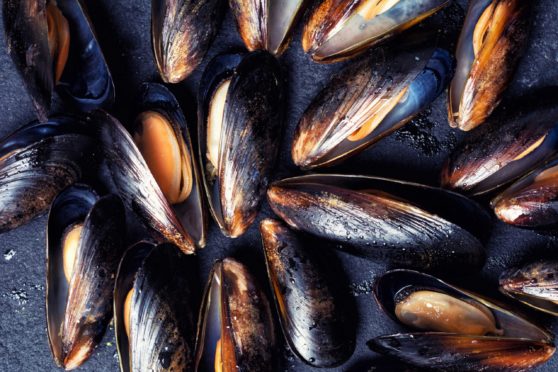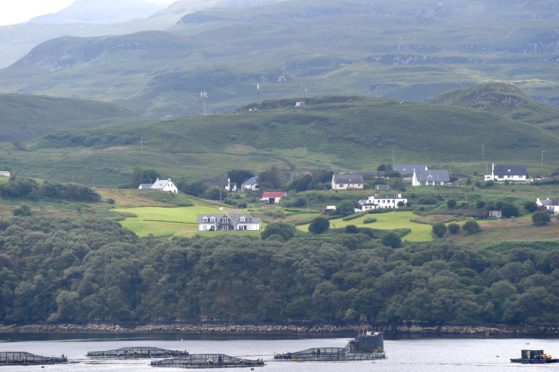People have been urged to avoid eating shellfish such as mussels and oysters collected from a sea loch on Skye, due to raised levels of biotoxins.
The environmental health team at Highland Council has identified concerning levels of the naturally occurring toxins in bivalve shellfish from Loch Harport, beside Carbost on the island’s west coast.
Eating contaminated shellfish – even after it has been cooked – can lead to illness ranging from sickness and diarrhoea to more serious conditions that can require treatment in hospital.
The biotoxins have also affected other molluscs such as razor fish and cockles.
As filter feeders, the bivalve creatures eat by straining plants and tiny animals such as phytoplankton through their bodies to pick up the nutrients.
However, certain types of phytoplankton can produce marine biotoxins, which collect in the tissue of the shellfish as they go about their business.
When this happens to a potentially dangerous level, the Food Standards Scotland official control monitoring programme steps in, requiring business operators to take appropriate steps to ensure the molluscs will not reach the market.
Commercial shellfish harvesters in the Loch Harport area have been contacted by the Highland Council.
A similar warning was issued about bivalve shellfish from Broad Bay on Lewis last month.

